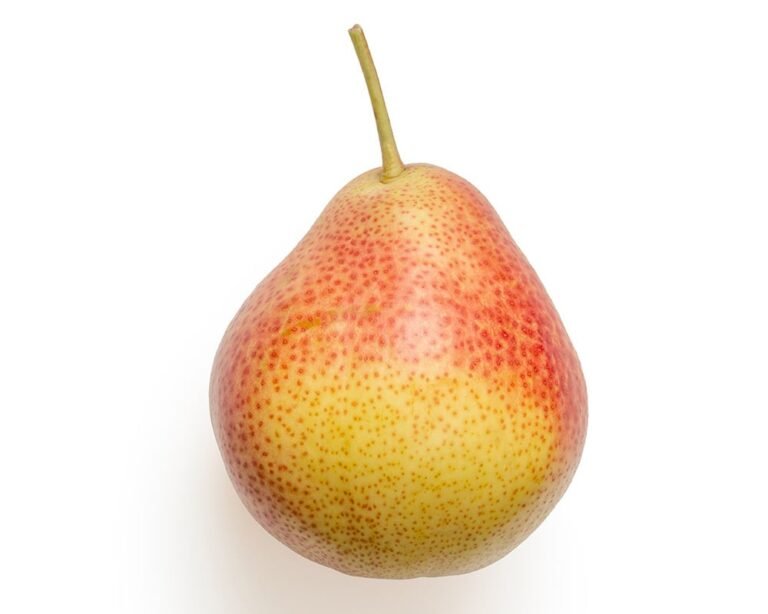être dans son assiette
In modern French, “être dans son assiette” literally means “to be in one’s plate.” However, this expression has nothing to do with food in its original sense.
Figurative Meaning
The expression is mostly used in the negative:
“Ne pas être dans son assiette” means to not feel well—physically, mentally, or emotionally. It’s similar to the English idea of “not feeling quite right” or “being out of sorts.”
Origins: The Equestrian Meaning of Assiette
Before assiette meant “plate,” it had a different meaning. It came from the verb asseoir, meaning to sit or to place. In older French, assiette referred to a person’s or object’s position, balance, or posture.
In particular, in horseback riding, l’assiette refers to the rider’s seat or posture on the horse—how well-balanced and stable the rider is in the saddle. A good rider has une bonne assiette—a good seat. If the rider is unbalanced or awkward, they have a mauvaise assiette.
Over time, this concept of assiette as balance or condition was applied to people more generally. To be dans son assiette originally meant to be well-balanced, steady, in a normal state. Not being dans son assiette meant being off-balance—physically or mentally.
Later, the meaning of assiette shifted to “plate” (the object), but the older meaning survived in this expression.
Examples
- Il ne mange rien et reste silencieux. Il n’est pas dans son assiette.
He’s not eating and staying quiet. He’s not feeling right. - Tu vas bien ? Tu n’as pas l’air dans ton assiette.
Are you okay? You don’t look like yourself. - Depuis l’accident, elle n’est plus dans son assiette.
Since the accident, she hasn’t been herself.
Summary
- Literal meaning today: to be in one’s plate
- Original meaning: to be well-seated or balanced (like a rider on a horse)
- Figurative meaning: to feel normal, steady, or well—usually used in the negative
- Key idea: balance or stability, especially in health or mood






